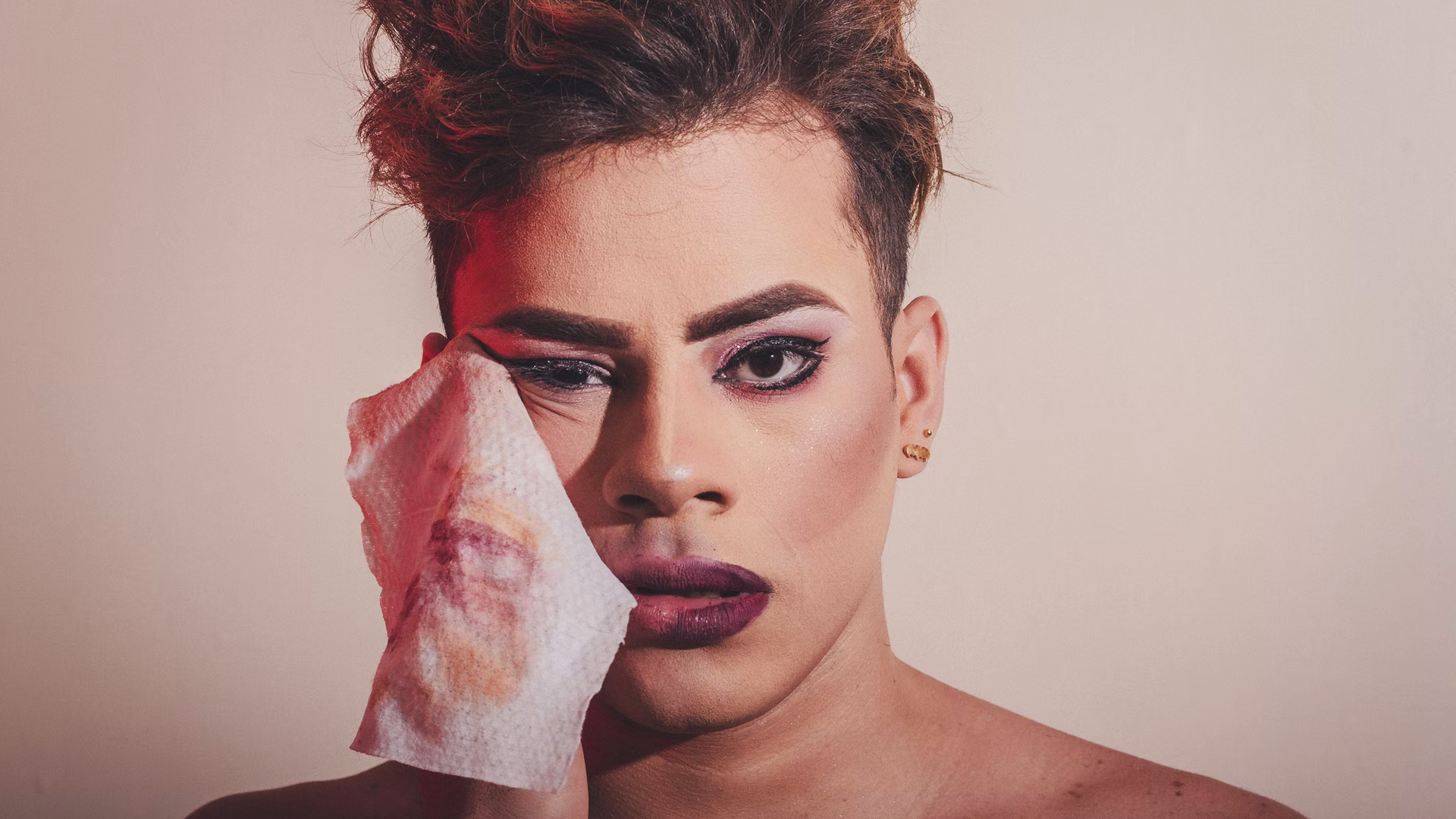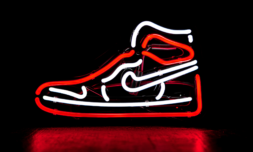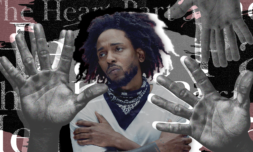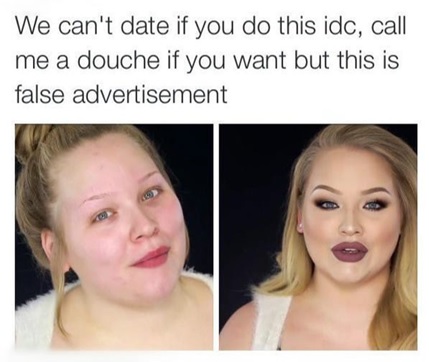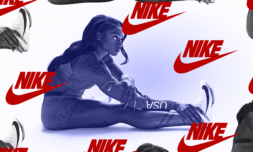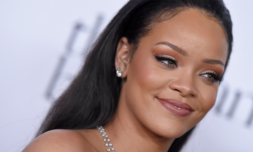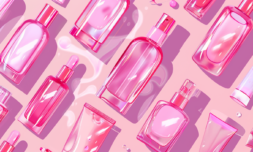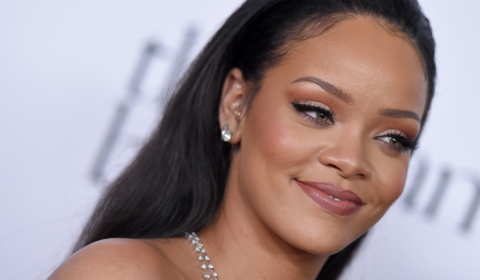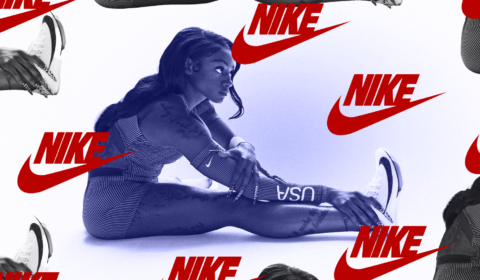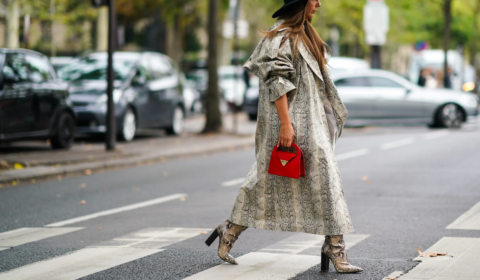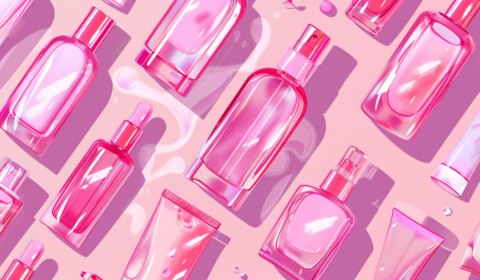Makeup has been around for thousands of years and is truly multipurpose. Today, it’s used for multiple forms of expression. Does wearing makeup mean giving in to mainstream beauty standards, or is it a form of empowerment? Let’s discuss.
The debate surrounding makeup is becoming as blown out of proportion as conversations about pubic hair.
In the same way that people judge each other based on their hair removal choices, or lack thereof, we’re also being judged for wearing either too much or not enough.
Makeup has been multipurpose since its conception. In ancient Egypt it was used to protect the eyes from sunlight and dust from the desert. In the Elizabethan era, it was used to achieve a pale complexion, which was a sign of wealth and nobility.
Today, makeup has transformed into something far more individual. Some use it to cover up skin problems, some use it as a method of artistic expression, and some don’t use it at all.
Either way, there’s no right way or wrong way to use – or not use – makeup.
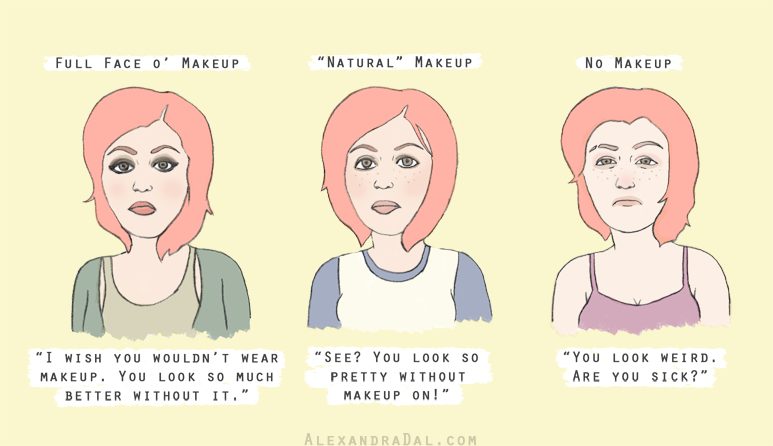

Makeup shaming
Styling ourselves in this way is tied to individual identity and choice, and it shouldn’t be up to anyone else how you opt to present yourself.
In the same way that choosing to shave your armpits doesn’t make you a bad feminist, wearing makeup doesn’t mean that you’re letting down the sisterhood. They’ve got more important things to worry about. Like abortion rights.
In a video from NBC, they state: “Women conceal, we highlight, we contour, all out of habit. Without ever really asking why.” But this is arguably a far too simplistic view of what it means culturally and individually.









